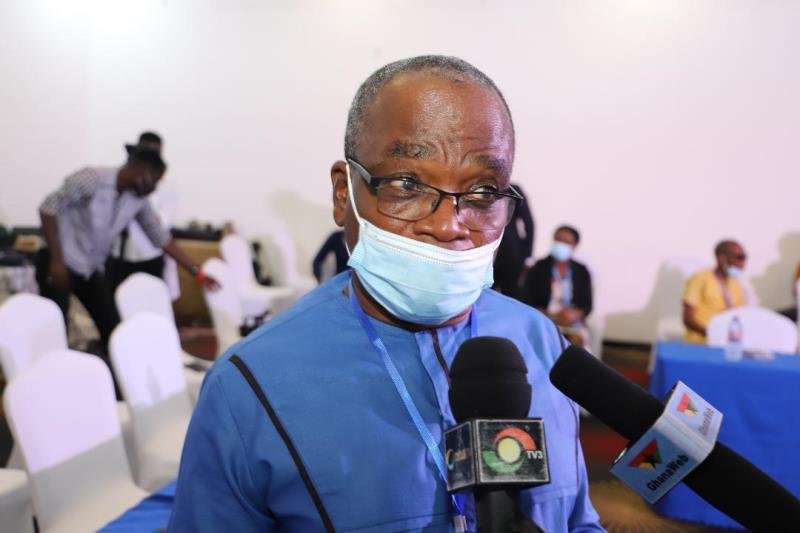Mr Kojo Oppong Nkrumah, Minister of Information, has asked media stakeholders to support efforts at assisting the Ghanaian media to rise to excellence and promote the Ghanaian value systems.
He said because the Ghanaian media occupied a very significant place in the national life, with the potential to multiply the best efforts and also the potential “to take us down south”, it must not be left on its own to prod through the dark, hoping to find its way to the very top.
“Like the other estates of the realm that advocate for and genuinely deserve investments to improve the quality of output, so too does the media require relevant, timely, sustained investment to improve the quality of its output,” the Minister stated.
Mr Oppong Nkrumah was speaking in Accra at a Development Partners’ conference on media Support Programmes held on Monday to get the buy-in of critical stakeholders into two programmes initiated by the government for the media.
The programmes, namely, the “Media Capacity Enhancement Programme and the “Coordinated Mechanism for Safety of Journalists,” are aimed at creating a conducive and safe environment for media practitioners to enhance their capacity.
While the Media Capacity Enhancement Programme is designed to create a framework within, which academia and practitioners develop and execute training programmes for practising producers, journalists and editors to enhance their capacity to deliver on their mandate, the Co-ordinated Mechanism for the Safety of Journalists is designed to continuously promote and ensure the maintenance of free robust environment for Journalism practice.
The Minister said efforts by the State to support the Ghanaian media started many years ago as successive governments had attempted to aid the media with interventions that were targeted at helping resolve some of the challenges facing the media without seeking to unduly influence it.
He noted that some development partners also offered training on election reporting and other matters of particular interest to them while the private sector actors had also at times offered training support for business or sector-related reporting.
Mr Oppong Nkrumah said a cursory analysis of the challenges of the Ghanaian media highlighted some challenges that included poor salaries; lack of resources and training, making some journalists susceptible to many undesirable practices affecting the quality and altruistic nature of their work.
He, therefore, urged all stakeholders and development partners to explore how to unite around the set of media support programmes that responded to the most pressing needs of the Ghanaian media and put concentrated best energies behind them.
“The task ahead of us is to do this effectively and in a manner that doesn’t impose expectations and pressures on the media to abandon the other parts of their mandate.”
“The Ghanaian Journalist generally means well. He is only trying to do his job and earn a living. She is only trying to contribute her quota to building a good society and doing so in the best way she knows.
“If we are truly interested in getting this all-important Fourth Estate to maintain and build on high standards, then the broader society needs to take an interest in how to assist the media with interventions towards these goals,” Mr Oppong Nkrumah said.
Mr Yaw Boadu-Ayeboafoh, Chairman of the National Media Commission, said the Commission was ready to support any good efforts at building the capacity of the media to perform better.
He said journalists needed the capacity building to be able to analyse data and to understand issues better for open discussion and dissemination.
“We at the National Media Commission have taken a position that while we will not surrender our independence, we will not shun any collaboration that at the end of the day will be functionally beneficial to the interest of Journalism in this country.”
Mr Roland Affail Monney, President of Ghana Journalists Association, welcomed the programmes, saying it had come at the right time to “cure some of the chronic diseases in the media landscape so we can serve the public better.”
He asked that an aspect of media education on safety be factored into the programme so journalists could learn to avoid places, where their safety could be compromised.


